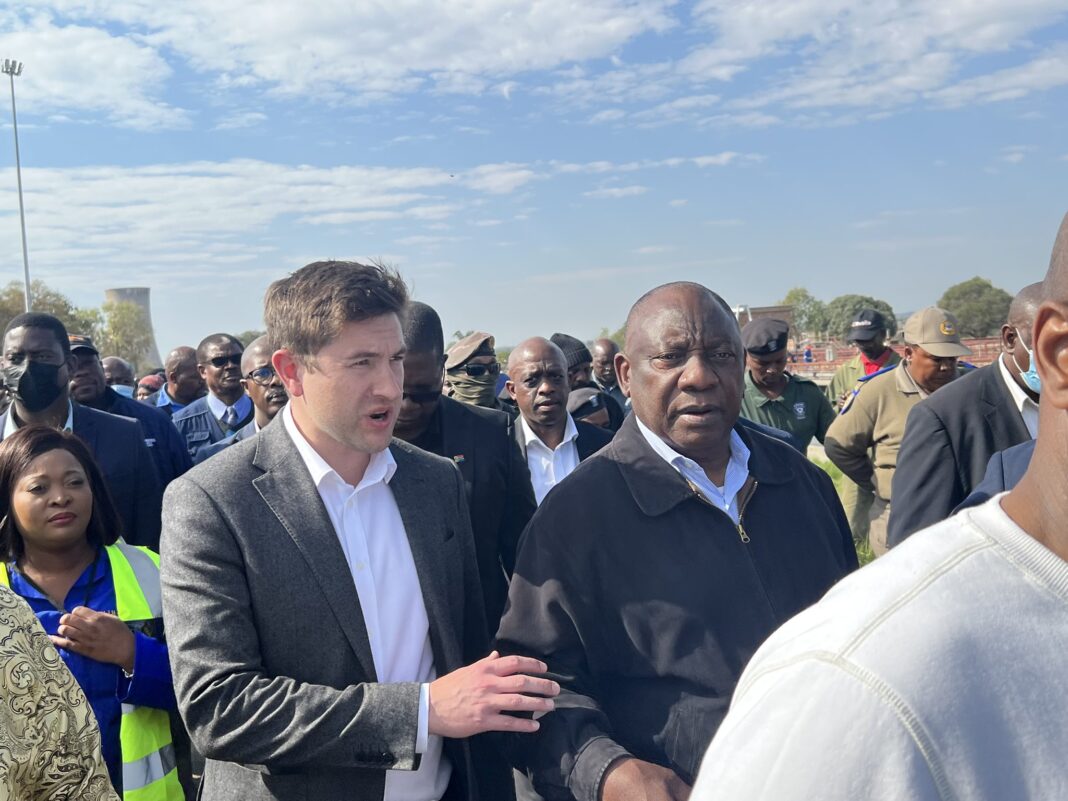Johnathan Paoli
THE Office of the Public Protector has made adverse findings against the City of Tshwane, Gauteng Cooperative Governance and the Department of Water and Sanitation, following an investigation into the outbreak of the water-borne disease that claimed the lives of more than 20 people in the area north of Pretoria earlier this year.
This follows President Cyril Ramaphosa’s approval for the Special Investigating Unit (SIU) to investigate allegations of maladministration and corruption at the Tshwane Metropolitan Municipality and its refurbishment project at Rooiwal in September.
The report found that Hammanskraal residents did not have access to clean water due to the dysfunctional Rooiwal Wastewater Treatment Works and ordered the Tshwane Metropolitan Municipality be given 60 days to develop an implementation plan outlining measures of upgrading and refurbishment at the plant.
Tshwane Mayor Cilliers Brink has shifted blame and said failure to upgrade the plant two decades ago was responsible for the disaster.
Brink said that the Rooiwal plant was hydraulically and organically overloaded, subsequently polluting the Apies river and the downstream water supply.
“While the city cannot change what happened in the past, we can learn from it and take responsibility for redressing the problem,” Brink said.
Brink further claimed that the remedial actions ordered by the PP was in accordance with what the city had already undertaken in partnership with the Department of Water and Sanitation, and that this partner agreement was being monitored by the mayoral committee with a full report in compliance, expected to be tabled at the municipal council before the end of the month.
In addition, the PP also made findings and ordered remedial actions from the Water and Sanitation Minister Senzo Mchunu and the Gauteng Cooperative Governance MEC Mzikayifani Khumalo.
INSIDE POLITICS



